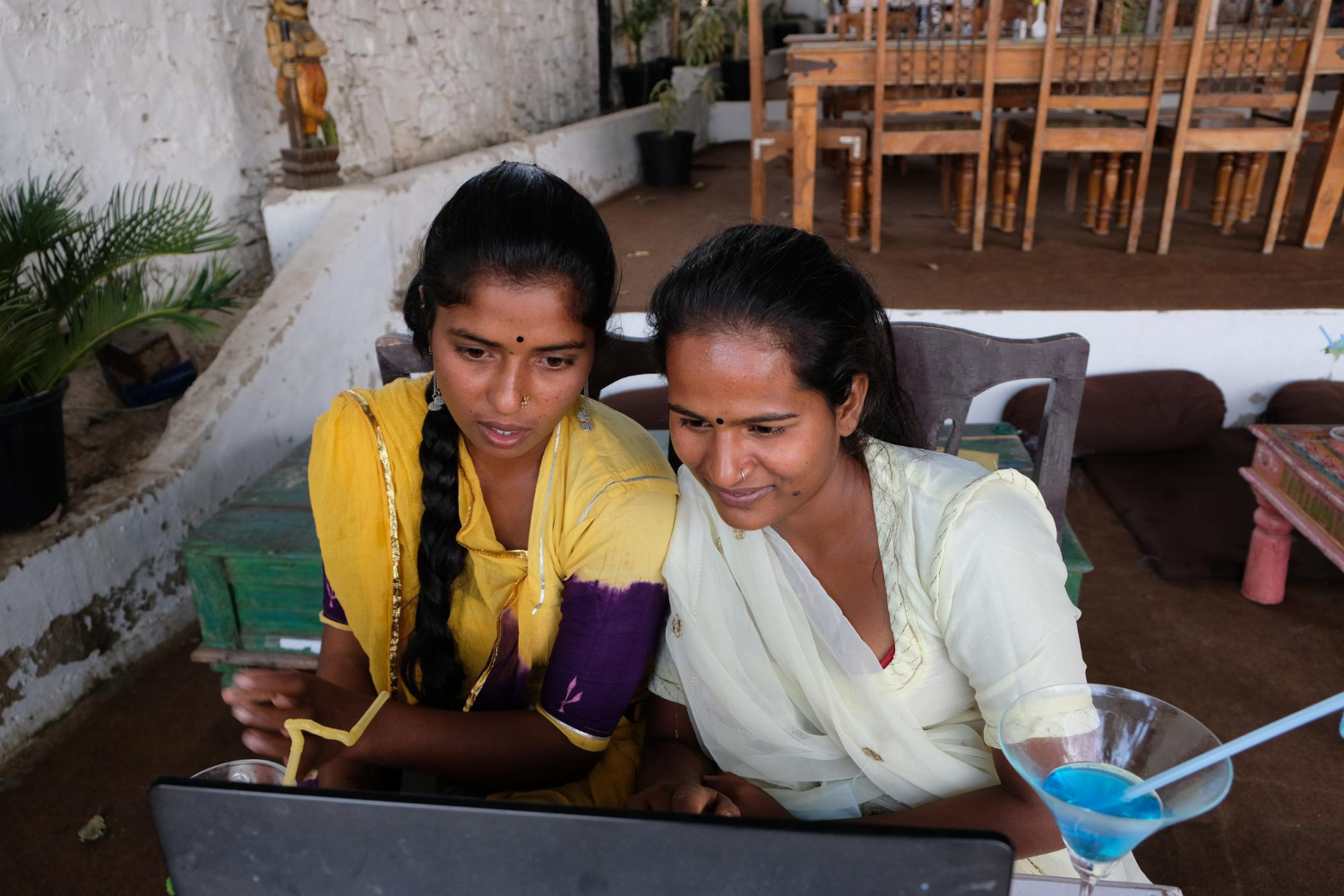International Day of Girls in ICT 2025

Empowering Sri Lankan Girls with ICT and Digital Literacy

Senior Lecturer, Department of Mass Media, Sri Palee Campus, University of Colombo
A famous quote says that “the hand that rocks the cradle rules the world.” Women are a unique and beautiful creation who can shape the future generation that will conquer the world. Modern society relies heavily on technology, which promotes economic and social innovation and transformation.
However, women and girls still have limited access to technology. This gender disparity is also present in Sri Lanka, where women make up over 50% of the population.
In this context, the International Day of Girls in ICT is celebrated on the fourth Thursday of April every year. This year, it falls on April 24th. The theme for this year is “Girls in ICT for Inclusive Digital Transformation.” The International Telecommunication Union (ITU) commemorates this day annually to encourage girls and young women around the world to pursue careers in Information and Communication Technology (ICT).
In a country like Sri Lanka, where there is a pressing need to technologically empower young women and girls, events like this carry even greater significance. Although the participation of girls and women in the ICT sector in Sri Lanka is gradually increasing, a significant gender gap still exists as of 2023.
According to LankaXpress, the computer literacy rate among women aged 5–69 in 2023 was 37%, slightly lower than the 40% for males (LankaXpress, 2024). Furthermore, the Internet Society Foundation reports that female representation in the ICT workforce, which was 29% in 2021, increased to 35% in 2022 (Internet Society Foundation, 2020). While this indicates progress, it also highlights a lingering imbalance. Notably, although more than 50% of the school population is female, only around 20% pursue studies related to ICT, which ultimately impacts the number of women entering the ICT workforce.
Therefore, it is essential to examine the factors influencing ICT literacy and job market access for girls and young women in Sri Lanka, as well as to explore the opportunities and challenges they face in this domain.

Opportunities for Sri Lankan Girls in ICT
Several public and private sector initiatives, such as Smart Sri Lanka and Digital Sri Lanka, aim to promote ICT literacy among the youth. Notably, the integration of smart classrooms, computer labs, smart textbooks, and digital learning resources in school education reflects positive steps toward this goal. Furthermore, blended learning methods are being introduced at both school and university levels through education reform programs.
Institutions like the Sri Lanka Institute of Information Technology and the Ministry of Education are working collaboratively to offer training and workshops specifically targeted at girls. Increasing access to ICT-related degree programs in both public universities and private institutions presents another opportunity for Sri Lankan girls.Moreover, the rise of digital platforms like Fiverr and Upwork opens new avenues for employment, particularly for rural girls with digital marketing and freelancing skills.
Challenges Facing Sri Lankan Girls in ICT
Despite the opportunities, Sri Lankan girls and young women continue to face socio-cultural, economic, and infrastructural challenges.
A Daily Mirror article noted that in 2021, only 1 in 5 households owned a desktop or laptop computer, significantly limiting access to ICT for many girls (“Are Sri Lankan Women Abandoned in Digital Transformation?”, 2023). Moreover, digital literacy levels among women vary greatly depending on geographic location: 72% in urban areas, 58% in rural areas, and only 41% in estate sectors (Dissanayake & Dissanayake, 2024).

Cultural and social norms pose additional barriers. Stereotypes that portray technical subjects as “male-dominated” discourage many girls from considering ICT careers. In rural areas, family expectations often restrict mobility and access to higher education, while limited exposure to ICT careers and lack of mentorship further restrict possibilities. Some schools outside urban centers also struggle with insufficient infrastructure, including poor internet connectivity and a lack of technological devices.
Gender inequality in the ICT workforce is another concern. Women are significantly underrepresented in leadership roles, and a lack of trust in female capabilities, coupled with a gap in soft skills, creates hurdles. Moreover, fewer opportunities are available for girls to develop leadership and entrepreneurial skills in tech-related fields, especially in socially conservative areas.
How can we overcome these challenges to empower Sri Lankan girls in ICT?
First, we must address societal stereotypes about girls in technology by organizing awareness programs and inclusive curriculum reforms that focus on the potential of women in ICT. Targeted ICT workshops should be introduced in schools to build foundational skills and confidence among girls.
Additionally, the IT job market must be made more accessible to women through revised policies, government-led incentives, and collaboration with private-sector stakeholders. Reliable internet connectivity and essential hardware must be made available equitably across urban and rural areas.
Furthermore, subsidized access to ICT tools and services for girls from low-income families is critical.
Institutions such as Nenasala, Vidatha Centers, and technical colleges should be encouraged and better resourced to bridge the digital divide. The high cost of ICT devices should be addressed through government subsidies or public–private partnerships.
Let us envision and work toward a more developed Sri Lanka, where girls are empowered by digital and information technology—and where their information literacy allows them to confidently shape the future.











































